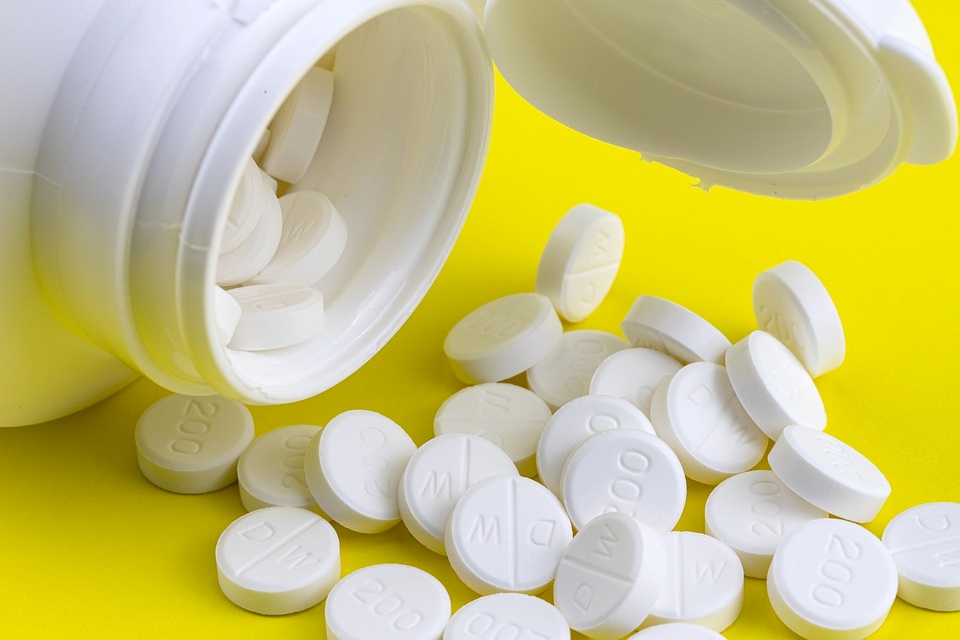Opioids vs. Opiates: What are the Key Differences?
Many treatment centers and news reports will use the term “opioids” as an umbrella term for both opioids and opiates when describing the ongoing public health crisis, addiction and overdose deaths widespread across the United States. However, it is important to understand the difference between these two terms. An opiate is described as a narcotic derived from the opium poppy plant – it is naturally occurring. While an opioid is a synthetic narcotic produced from an opiate plant – it is not naturally occurring. Further, all opiates are opioids, but not all opioids can be classified as an opiate.
The best way to understand the difference between the two is to breakdown the drugs classified under the umbrella term. Opioids are broken down into three main categories: opiates, synthetic opioids and semi-synthetic opioids.
Opiates:
-Opium
-Morphine
-Codeine
-Thebaine
Synthetic (entirely manmade)
-Methadone
-Demerol
-Tramadol
-Fentanyl
-Levorphanol
Semi-Synthetic:
–Heroin
-Hydrocodone
-Hydromorphone
-Oxycodone
Synthetic and semi-synthetic opioids are made to mimic the effects of opiates and are very strong and highly addictive even after just one use.
Prescription Medication & Substance Use Disorder
A large majority of individuals addicted to opioids started when their doctors prescribed them pain medication. Whether the person began abusing the medication or their doses increased when their tolerance increased this led to a huge crisis that has been going on since the early 1990s. Not every single person prescribed painkillers becomes dependent or misuses them; however, research and numbers prove that this is an ongoing crisis in America and beyond that needs to be stopped. Whether prescription or illegal narcotics, misusing any form of opioids can lead to serious consequences including overdose and death. If you or someone you love is suffering, help is waiting, call 1-855-960-3769.
Opiate Detox & Treatment Center
Due to the dangerous nature of the detoxification process, Silver Linings Recovery Center recommends you seek professional treatment and never attempt to detox from opioid addiction on your own. Often times, you will need 24/7 care by professional staff and a 6 to 12 month medication-assisted treatment (MAT) plan in order to deal with the high levels of pain, anxiety and discomfort you will experience.
Silver Linings Recovery Center offers several programs to treat a wide range of addictions from opioids to prescription medication, alcohol, heroin and more. Our programs range from residential to partial hospitalization, general outpatient and addiction therapy. To get started on the path to long-term sobriety, contact our admissions office today at 1-855-960-3769.
